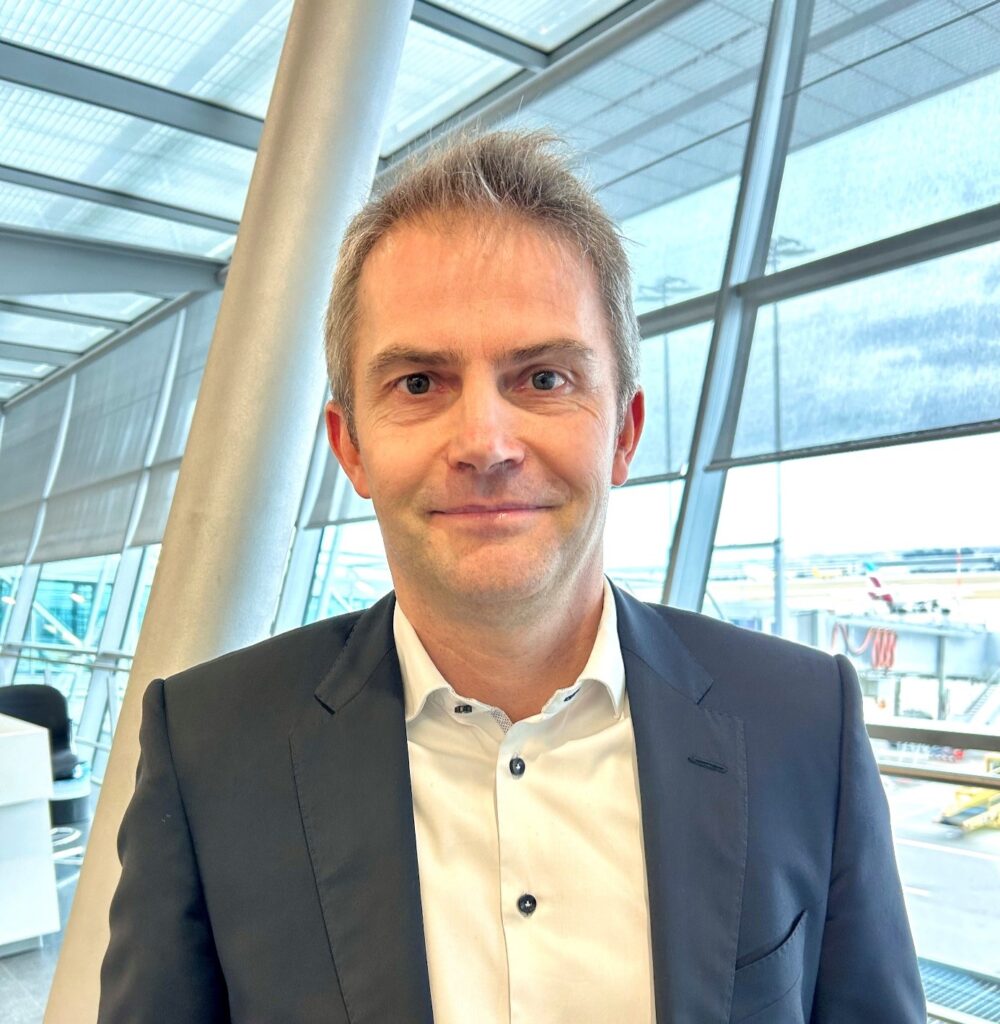 Stuttgart Airport is Baden-Württemberg’s mobility hub. Its function is to ensure worldwide accessibility in Baden-Württemberg. The aim of Flughafen Stuttgart GmbH (FSG) is to make this mobility as sustainable and climate-friendly as possible.
Stuttgart Airport is Baden-Württemberg’s mobility hub. Its function is to ensure worldwide accessibility in Baden-Württemberg. The aim of Flughafen Stuttgart GmbH (FSG) is to make this mobility as sustainable and climate-friendly as possible.
With the fairport, the airport (STR) set itself a consistent guiding principle over ten years ago. Its orientation has remained unchanged ever since: STR wants to be one of the best performing and most sustainable airports in Europe in the long term. The STRzero climate strategy aims to reduce all emissions from airport operations to zero by 2040 at the latest.
Role in the project
Goals
Now that STR has converted large parts of its ground handling fleet as well as all passenger buses and baggage tugs to battery-powered electric vehicles, the next step is to electrify the fleet of refuelling vehicles and other remaining heavy utility vehicles that were previously powered by diesel. This also includes the consistent development and expansion of the charging network infrastructure on the apron. This is the last major step on the way to emission-free apron traffic by 2030. The finalise! project is part of STRzero, the airport’s climate strategy. It aims to introduce airport-specific utility vehicles with ecological standards onto the market. Optimised charging strategies are also to be researched and tested and an intelligent charging management system is to be introduced. It is also planned to analyse the environmental impact of the vehicles during their life cycle by recording technical data during handling operations.
The project is another important milestone for climate-neutral aircraft handling at Stuttgart Airport. The project, which will see the state airport add over 30 heavy utility vehicles to its e-vehicle fleet, should be completed by 2026. The site will serve as a live demonstrator for other airports, refuelling service providers and other logistics companies.
Tasks
- Project coordination
- Procurement of electric apron vehicles and integration of electric utility vehicles
- Development of an intelligent charging and network infrastructure
- Definition and development of new locations for the additional charging infrastructure, including downstream network elements such as battery storage systems
- Definition of charging strategies for the different vehicle classes and integration of the vehicles into the airport’s energy and load system
- Support in generating data to carry out a comparative environmental assessment (life cycle assessment) of the vehicles for the diesel, battery electric and fuel cell drive types
- Demonstration of 100 % electric aircraft handling
- Investigating the transferability of the research results to third parties
Contact person
Martin Hofmann
hofmann@stuttgart-airport.com
